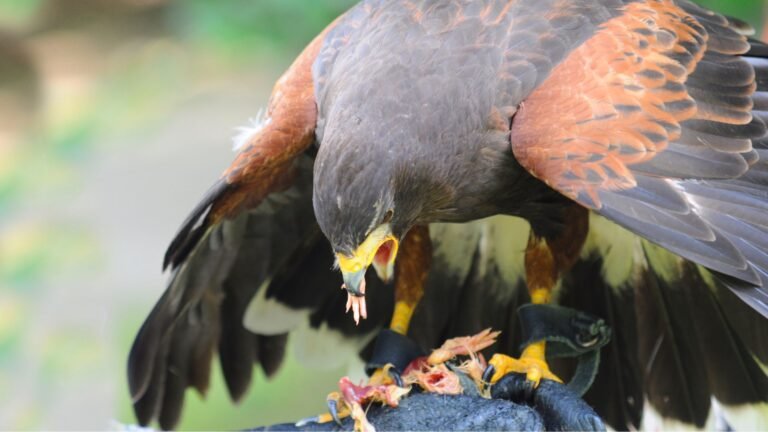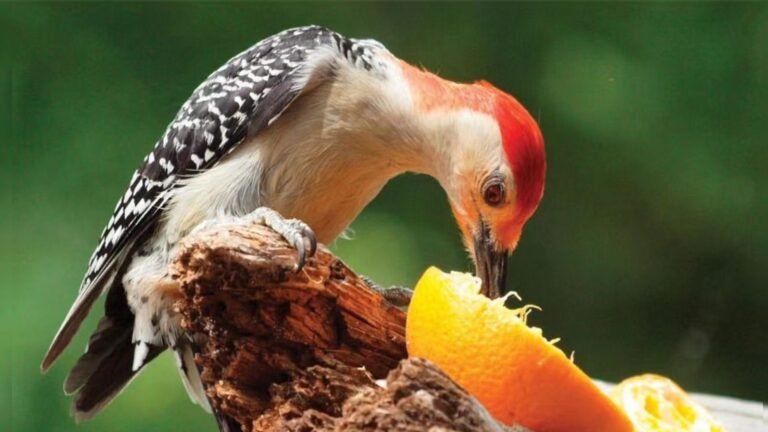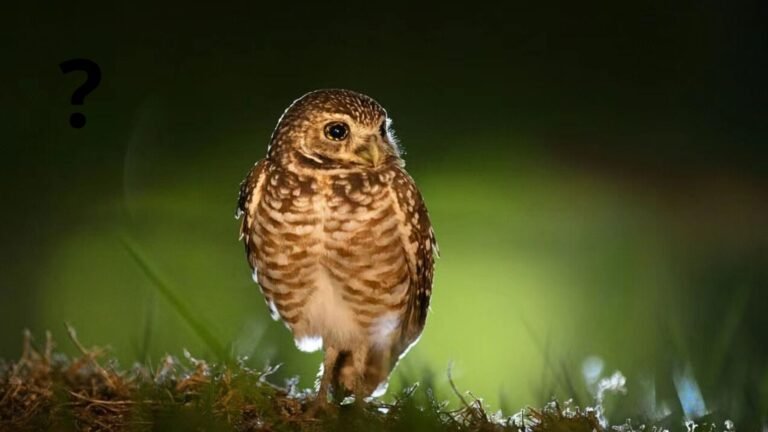Do Birds Have Feelings?
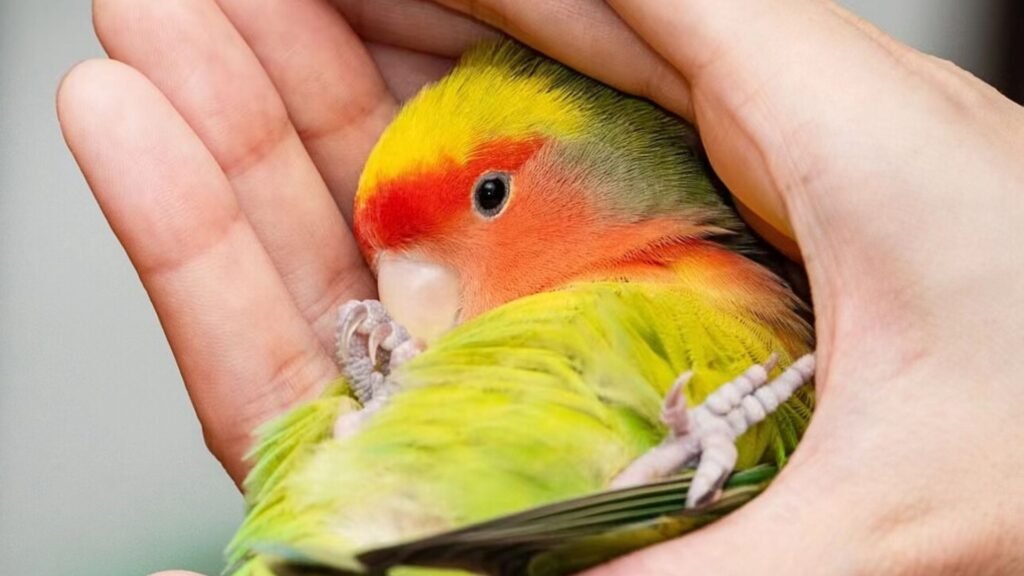
Let’s be real – we’ve all seen those funny videos of parrots dancing to music or cracking jokes that make it seem like they must have some level of emotions and self-awareness. But do birds have feelings or experience emotions the way we humans do? This is a question that intrigue not only scientists but also birds owners and birds enthusiasts since we all want the best for our fethered friends.
- Key Takeaways
- Bird brains contain structures analogous to the mammalian limbic system involved in emotional processing, suggesting they have the neural machinery for basic emotions.
- According to experts birds likely do experience some basic emotions like fear, happiness, anger etc.,
- While bird emotions likely don’t reach the depth and complexity of human experiences, experts agree birds probably feel basic emotions like fear, anger, and happiness.
- From an evolutionary perspective, having simple emotional experiences may have provided survival and social benefits that drove their development in birds.
So Do Birds Really Have Feelings?
As with many aspects of animal cognition, the truth likely lies somewhere in the middle ground. Birds do appear to experience simple emotional states like fear, anger, happiness and grief in some form. But the extent and complexity of their emotional capacities is still being researched.
On one side, you have the skeptics who argue that birds are just hard-wired with instinctual behaviors passed down through evolution. Their brain structure is too different from mammals to allow for complex emotions.
Then there are those who have closely studied bird behavior and neurology. Many of them are convinced that birds do indeed feel a range of emotions, from simple feelings like fear and happiness to more complex states like empathy and even grief.
So which side is right? As with many things in science, the truth lies somewhere in the murky middle. Let’s dive into what the research says about the emotional capacities of birds.
You may also like: “Do birds have a sense of smell?”
The Avian Brain: Wired for Emotions?
One of the biggest arguments for bird emotions is their brain anatomy. Despite the physical differences, bird brains actually have analogous structures to the mammalian limbic system – the area that governs emotional processing.
For example, birds possess a region called the pallial amygdala that is strikingly similar to the amygdala in human brains. This area is involved in expressing fear and aggressive behaviors in both birds and mammals.
Certain areas of the avian brain also contain high concentrations of neurotransmitters like dopamine, oxytocin, and opioids that regulate feelings of pleasure, bonding, and reward in humans. When birds engage in activities like singing or preening their mates, these “feel-good” chemicals get released.
| Brain Region | Function in Birds | Analogous Area in Mammals |
|---|---|---|
| Pallial Amygdala | Fear, Aggression | Amygdala |
| Medial Nidopallium | Reward, Motivation | Nucleus Accumbens |
| Lateral Nidopallium | Auditory Processing | Auditory Cortex |
So from an anatomical perspective, birds do seem to have the neural machinery required for basic emotional experiences hardwired into their brains. But the skeptics argue that just because the wiring is there doesn’t necessarily mean birds subjectively feel emotions the way we do.
Observing Avian Emotions
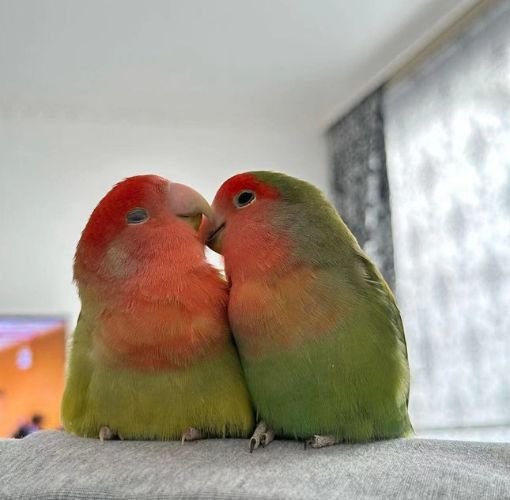
To really determine if birds have feelings, we have to look at their behavior through an objective scientific lens. And there’s no shortage of examples that point to birds experiencing emotions:
- Fear and Anxiety – Have you ever seen a bird go completely still and rigid when a predator is nearby? That “freezing” behavior is a telltale sign of fear. Many birds also exhibit anxious behaviors like feather-picking when under stress.
- Anger and Aggression – Any bird owner can attest to their pet’s ability to get riled up and lash out when territorial or threatened. Loud squawking, wing-flapping, and biting are all clear signs of anger in birds.
- Joy and Contentment – On the flip side, birds also engage in behaviors that seem to express happiness and contentment. Singing, playing with toys, doing funny dances – these all point to an underlying positive emotional state.
- Grief and Mourning – Perhaps the most poignant examples come from observations of birds appearing to grieve for their dead mates or offspring. Swans have been seen carrying around deceased cygnets, while geese have remained by their partner’s side for days after death.
The examples go on, from birds consoling distressed flockmates (suggesting empathy) to the incredible problem-solving skills of crows and parrots that hint at higher cognitive abilities.
Of course, skeptics argue that we can’t project human emotions onto these behaviors. A bird isn’t necessarily “happy” just because it’s singing – it could simply be following hard-coded mating rituals.
What the Experts Say
With so much conflicting evidence, it’s helpful to turn to the experts who have dedicated their careers to studying bird cognition and behavior. Here’s a sampling of their perspectives:
Dr. Sara Shettleworth, a psychologist at the University of Toronto, says the following:
“I don’t think anyone would claim that birds’ emotional experiences are identical to humans. But all vertebrates evolved from a common ancestor, so the basic mechanisms of emotion…are likely to be conserved across species. Birds may express emotions differently, but the subjective experiences are probably there.”
On the other hand, Dr. Nicky Clayton, a professor of comparative cognition at Cambridge University, expresses more skepticism:
“While birds clearly show behavioral responses that resemble human emotional states, we can’t really get inside their minds to know if they subjectively experience emotions the same way we do. It’s an intriguing possibility, but extraordinarily difficult to prove conclusively.”
Perhaps the most compelling perspective comes from Dr. Gisela Kaplan, an eminent bird behavior researcher at the University of New England:
“I’ve spent decades closely observing Australian birds like the magpie and apostlebird. Their behaviors, from forming long-term pair bonds to holding ‘funerals’ for dead mates, are simply inexplicable without some level of self-awareness and emotional capacity…To claim they are just unfeeling automatons ignores the scientific evidence in front of our eyes.”
So in summary, the expert consensus seems to be that birds likely do experience some basic emotions like fear, happiness, anger etc. But the extent and complexity of their emotional lives compared to humans remains an open question.
The Emotional Bird: An Evolutionary Perspective
From an evolutionary standpoint, it makes sense that birds would have at least simple emotional experiences. After all, emotions originally evolved as motivational and survival mechanisms.
Fear inspired animals to avoid predators and other threats. Anger and aggression helped them defend resources like food, mates and territory. Even social emotions like empathy and grief could have provided adaptive benefits by promoting cohesion and cooperation within flocks.
So while bird emotions may be more rudimentary than our rich human experiences, they likely served a vital evolutionary purpose. Their existence is a remnant of our shared ancestry with birds branching off around 300 million years ago.
As Dr. Kaplan eloquently states: “We humans are not alone in experiencing the emotional roller coaster of life on this planet. Our feathered friends have been along for the ride with us for hundreds of millions of years.”
In Conclusion
When you take an objective look at the scientific evidence, from avian brain anatomy to observed behaviors to expert opinions, it becomes difficult to completely dismiss the idea that birds experience some level of basic emotions.
Do their emotional lives reach the depth and complexity that humans experience? Probably not, at least based on our current understanding. But to claim that birds are unfeeling automatons devoid of any subjective experiences seems to go against the available evidence.
I have a similar article titled “Can Birds Cry?” that might interest you, too.
Questions and Answers:
Q: Do all bird species experience emotions?
A: While higher intelligence may allow for more nuanced emotions, even relatively simple birds exhibit behaviors suggesting basic emotions.
Q: If birds do feel emotions, are they experiencing them the same way humans do?
A: Probably not. While the underlying mechanisms may be similar, bird emotions are likely more rudimentary and expressed differently than rich human emotional experiences.
Q: How can we definitively prove birds subjectively experience emotions if we can’t get inside their minds? A: It’s challenging to conclusively prove subjective experiences in any non-human animal. Scientists rely on behavioral observations, brain studies, and evolutionary considerations as indirect evidence.
Q: Why is there debate around whether birds have feelings?
A: The debate stems from differing interpretations of bird behavior and brain complexity compared to mammals. Some see instinctual responses, while others perceive evidence of subjective experiences.
Q: What are some examples of bird behaviors that suggest emotions?
A: Examples include fear freezing, aggressive squawking/biting, singing/playing (joy), grieving dead mates, and consoling distressed flockmates which could indicate empathy.

